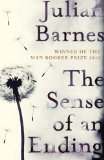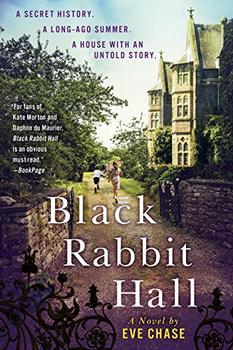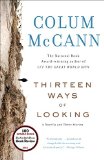Summary | Excerpt | Reading Guide | Reviews | Beyond the book | Read-Alikes | Genres & Themes | Author Bio

A Novel
by Julian BarnesA novel so compelling that it begs to be read in a single sitting, with stunning psychological and emotional depth and sophistication, The Sense of an Ending is a brilliant new chapter in Julian Barnes's oeuvre.
By an acclaimed writer at the height of his powers, The Sense of an Ending extends a streak of extraordinary books that began with the best-selling Arthur & George and continued with Nothing to Be Frightened Of and, most recently, Pulse.
This intense new novel follows a middle-aged man as he contends with a past he has never much thought about - until his closest childhood friends return with a vengeance, one of them from the grave, another maddeningly present. Tony Webster thought he'd left all this behind as he built a life for himself, and by now his marriage and family and career have fallen into an amicable divorce and retirement. But he is then presented with a mysterious legacy that obliges him to reconsider a variety of things he thought he'd understood all along, and to revise his estimation of his own nature and place in the world.
A novel so compelling that it begs to be read in a single sitting, with stunning psychological and emotional depth and sophistication, The Sense of an Ending is a brilliant new chapter in Julian Barnes's oeuvre.
This is heavy business, but Barnes lays it flat out, no stylistic wand-waving, no tricks. He writes in an everyman's lingo with such unapologetic, razor-edged insight, that somehow his prose amounts to a kind of alchemy, putting, as if by magic, words to all those questions simmering away at the back of our minds...continued
Full Review
(815 words)
This review is available to non-members for a limited time. For full access,
become a member today.
(Reviewed by Morgan Macgregor).
In Julian Barnes's The Sense of an Ending, Tony Webster admits that he may not be a reliable narrator. He acknowledges that it's probably impossible to tell, objectively, the story of your own life, and that it's therefore up to the reader to question or validate his authority.
 The idea of the unreliable narrator has long been an issue in fiction, dating back to medieval times. The term, as a formal literary device, comes from critic Wayne C. Booth's The Rhetoric of Fiction (1961).
The idea of the unreliable narrator has long been an issue in fiction, dating back to medieval times. The term, as a formal literary device, comes from critic Wayne C. Booth's The Rhetoric of Fiction (1961).
There are many reasons why a narrator might be deemed unreliable. The most obvious one is insanity, as in Ken Kesey's One Flew Over the Cuckoo's Nest, or Stephan Benatar's Wish Her Safe At Home. In the case of the latter, the narrator's illness ...
This "beyond the book" feature is available to non-members for a limited time. Join today for full access.

If you liked The Sense of an Ending, try these:

by Eve Chase
Published 2017
For fans of Kate Morton and Sarah Waters, here's a magnetic debut novel of wrenching family secrets, forbidden love, and heartbreaking loss housed within the grand gothic manor of Black Rabbit Hall.

by Colum McCann
Published 2016
In such acclaimed novels as Let the Great World Spin and TransAtlantic, National Book Award–winning author Colum McCann has transfixed readers with his precision, tenderness, and authority. Now, in his first collection of short fiction in more than a decade, McCann charts the territory of chance, and the profound and intimate consequences of ...
Wisdom is the reward you get for a lifetime of listening when you'd rather have been talking
Click Here to find out who said this, as well as discovering other famous literary quotes!